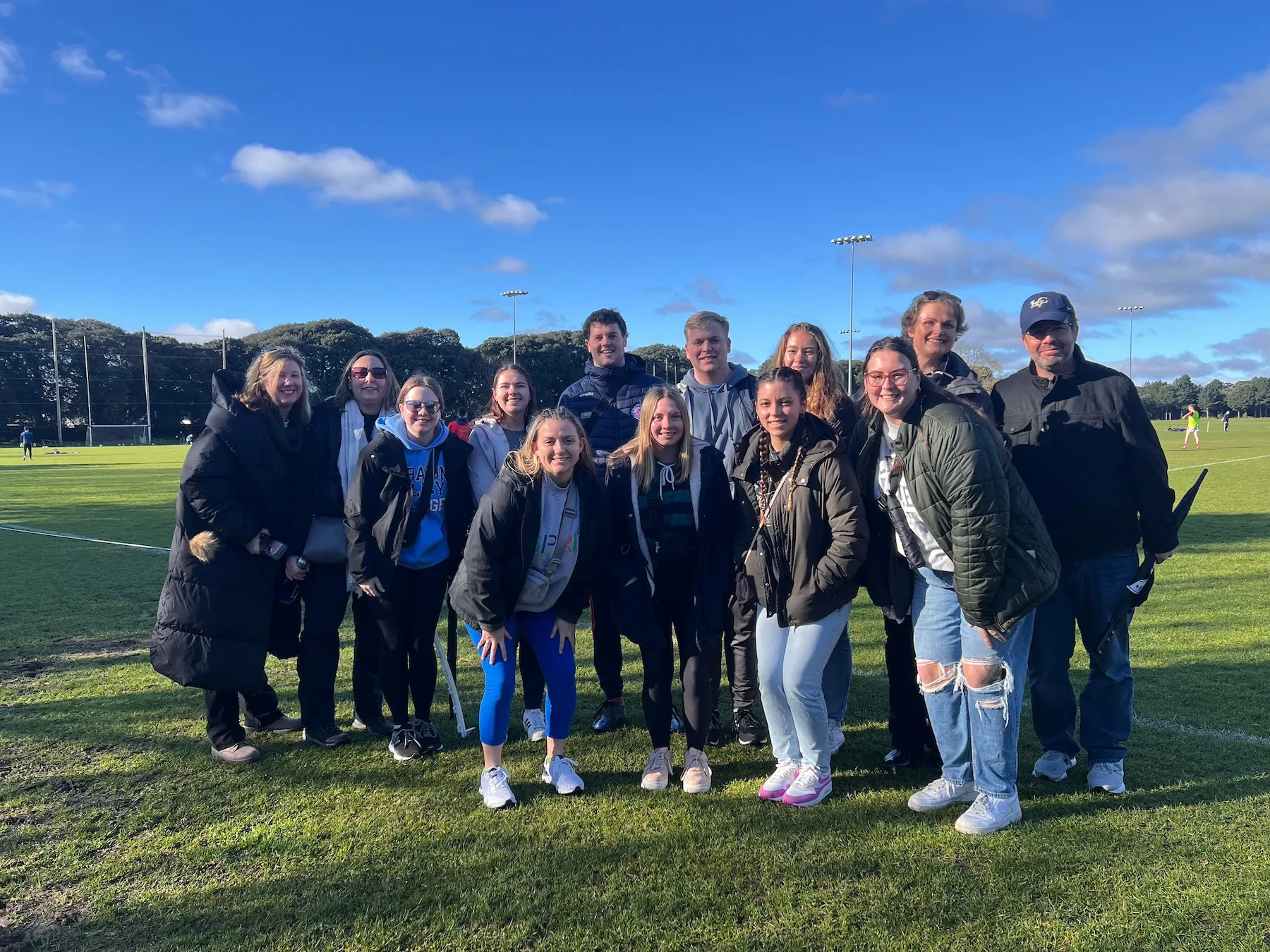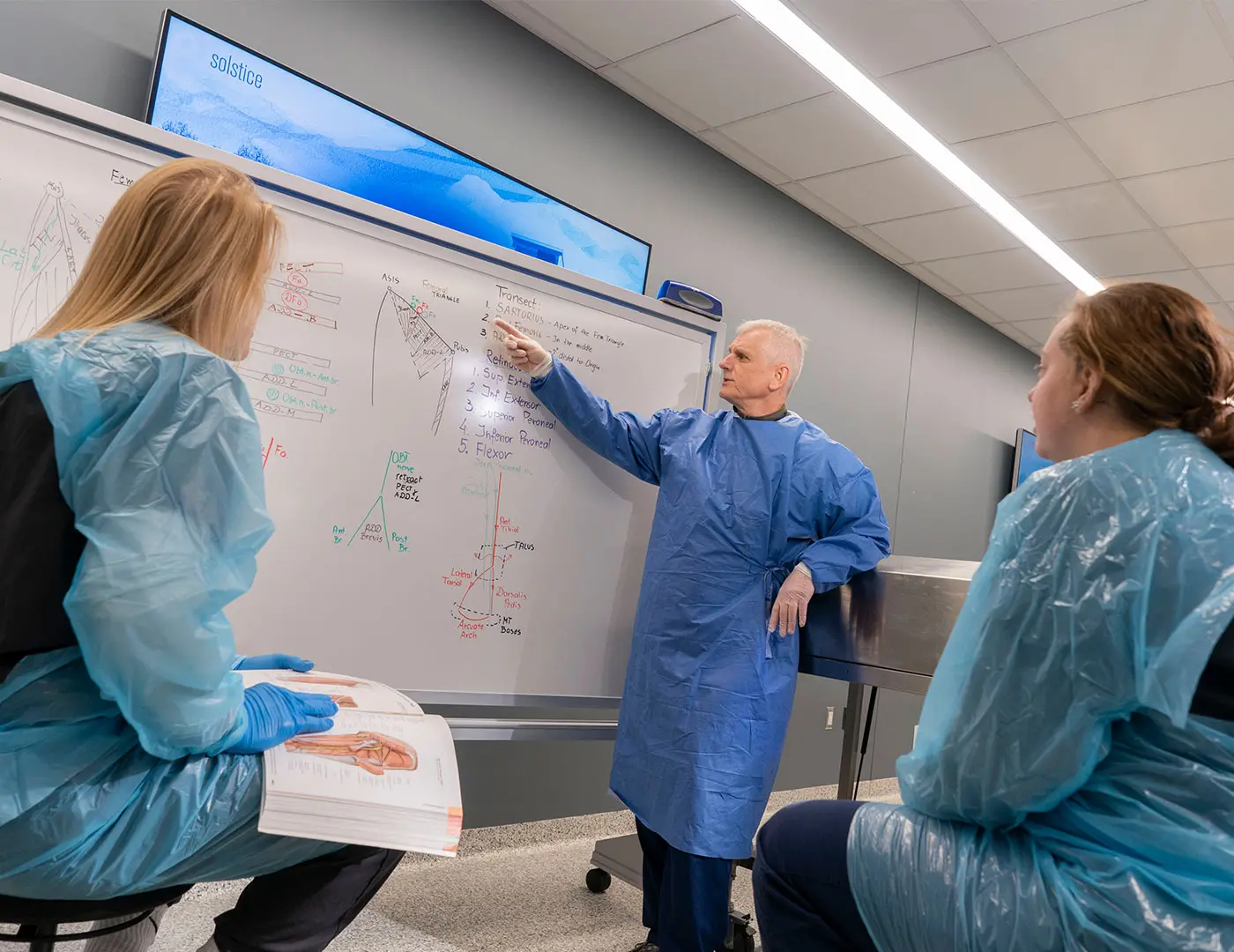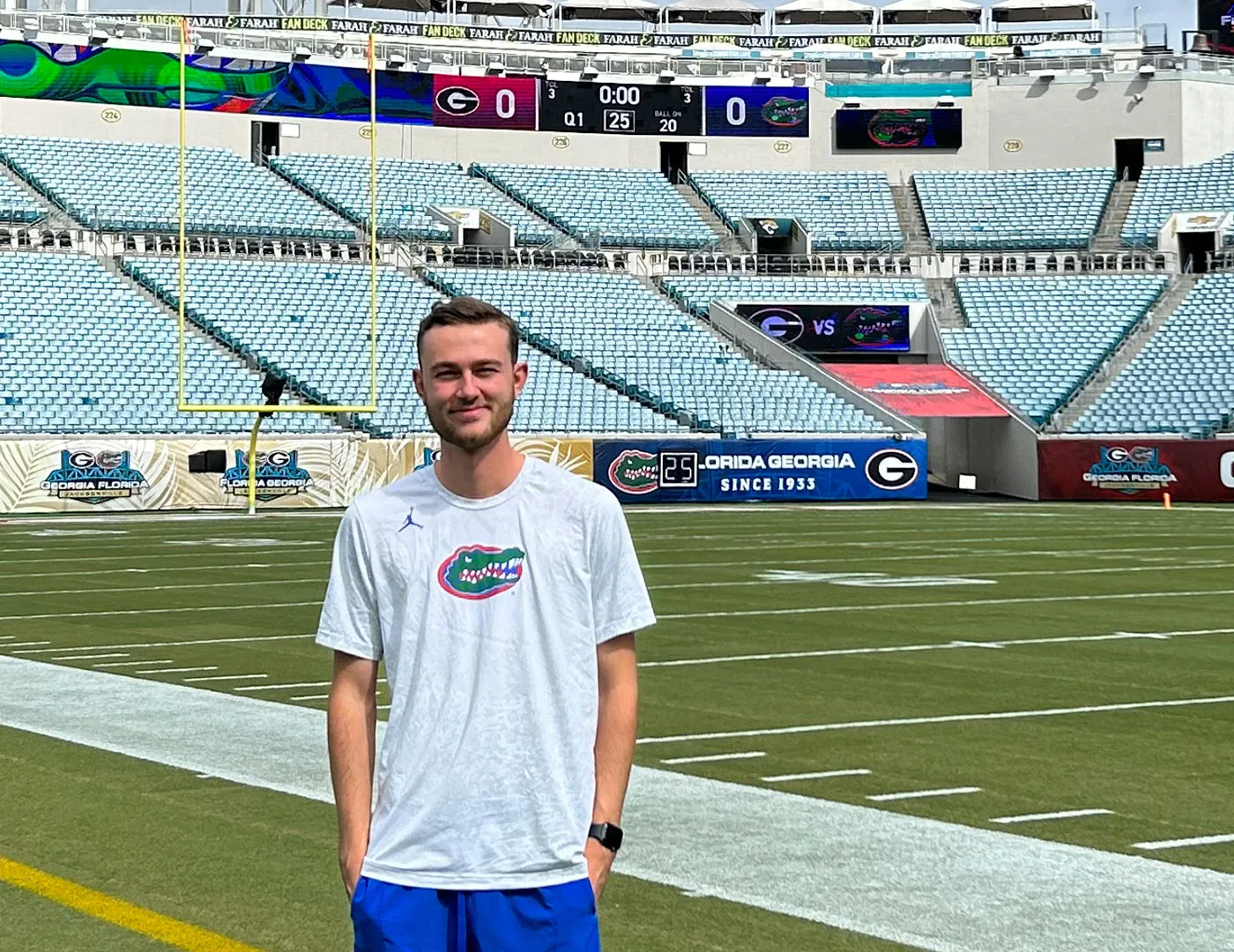
LVC News
- Accounting
- Accounting/MBA 3+1
- Actuarial Science
- Allwein Scholars
- Alumni Profiles
- Applied Kinesiology
- Athletic Training
- Athletics
- Audio Music Production
- Awards
- Biochemistry & Molecular Biology
- Biology
- Breen Center
- Business Administration
- Campus
- Chemistry
- Clinical Exercise Physiology
- Clinical Mental Health Counseling
- Community Service
- Computer Science
- Creative Arts
- Creative Writing
- Criminal Justice
- Data Science
- Digital Media
- Economics
- Education
- Engineering
- English
- Environmental Science
- Esports
- Exercise Science
- Faculty Profiles
- Gallery
- German
- Giving
- Graduate Studies
- History
- Honors
- Intelligence and Security Studies
- Interaction Design
- International Business and Policy
- LVEP
- Marketing
- Mathematics
- MBA
- Medical Humanities
- Medical Laboratory Science
- Music
- Music Business
- Music Education
- Neuroscience
- Nursing
- Physical Therapy
- Physics
- Political Science
- Pre-Law
- Pre-Medical Professions
- Psychology
- Self-Designed
- Social Justice and Civic Engagement
- Sociology
- Spanish
- Speech-Language Pathology
- Sport Performance
- STEM Education
- Student Profiles
- Study Abroad
- Sustainability
- Transfer
- Undecided/Exploratory
Extended Cadaver Lab Equals Further Learning

Even though the first three classes of LVC’s Athletic Training (AT) Program achieved 100% employment as ATs, Dr. Eva Frank, Director and Associate Professor of Athletic Training, and the AT core faculty always seek ways to strengthen the program. Extending the AT students’ time in the College’s Human Anatomy Lab (cadaver lab) from a seven-week accelerated summer semester to 32 weeks (two full semesters helped achieve this goal. Frank approached Dr. Andrew Milosz, Clinical Assistant Professor of Exercise Science, who teaches the upper-level Anatomy course for Exercise Science majors, to design and co-teach the AT cadaver anatomy lab.
In addition to making LVC’s AT graduates more marketable, it also helps make them better practitioners.
“Slowing down and learning over time—over a full academic year rather than a few weeks—is so important and helped increase our confidence,” said Garrett Becker ’23, M’24, a Flying Dutchmen football player. “Affording us the time to dig into the structures and gain a deeper understanding and knowledge of human autonomy enabled us to become more autonomous. The process made us more inquisitive, with several of us developing distinctive dissection techniques.”
Frank, who infused the 32-week cadaver lab into the Orthopedic Assessment course, agrees.
“It has been rewarding to see students succeed and perform better academically by thinking about injury evaluation from an anatomical perspective.”
LVC is one of the few schools its size to have such a lab down the hall from its students, and the AT majors put the opportunity into perspective.
“Working in the cadaver lab was intimidating the first couple of weeks, but solidified everything we learned in our lectures,” said France Heppner M’23, who enrolled in LVC’s AT program after graduating from Auburn University. “It is a privilege to learn on an actual person. We view the cadavers as our first patients, so it is a very respectful process.”
AT majors also think highly of the program’s faculty.
“The faculty inspired me to achieve greatness and even go beyond that,” said Eddie Myers ’22, M’23, who was hired as a summer intern by the NFL’s Jacksonville Jaguars. “The drive and ambition to strive to greater heights is unmatched, and the faculty instilled that in me.”
“We are proud of our direct admission into our accelerated five-year program model to save students time and money,” added Frank. “Majors graduate with a bachelor’s and master’s in five years, one year fewer than traditional models many competitors offer. This format equates to significant tuition savings and allows graduates to begin earning money and building their careers a year earlier.”
In addition to learning in LVC’s Arnold Health Professions Pavilion, a unique component of the program is the two immersive clinical experiences in the second year of the professional phase. Current and previous students have served at immersive sites in Major League Baseball, XFL, Major League Rugby (MLR), Camp Lejeune Military Base, all NCAA divisions colleges and universities, numerous high schools, and industrial settings. Beyond gaining and refining relevant clinical experience during their immersive experiences, students make career connections beginning the process of searching for employment early in their second year.
Tasia Dennis ’19, M’21, a member of the program’s first graduating class, conducted five clinical experiences, including one with the Houston SaberCats of the MLR, where she is now part of the team’s game-day medical staff. A four-year field hockey student-athlete at LVC, Dennis also worked with her fellow student-athletes on injuries and injury prevention.
“Dr. [Erin] Ulrich [clinical assistant professor of Athletic Training and director of Athletic Training clinical education] placed me in environments where I was able to adapt my skills and thrive in interpersonal connection and confidence,” said Dennis, whose full-time position is as an athletic trainer for the Baylor College of Medicine in Texas. “The experiences nurtured my skills into what they are today, which has helped me succeed in my current position.”
Frank and her recent graduates are excited about the possibilities and growth in career opportunities for LVC AT majors.
“The athletic training profession is growing rapidly, and incoming students should know that there are avenues in the field outside traditional sports settings,” noted Dennis.



